What is the Tong Ren Palace, but the concubines are terrified when they hear the name, no one wants to come?
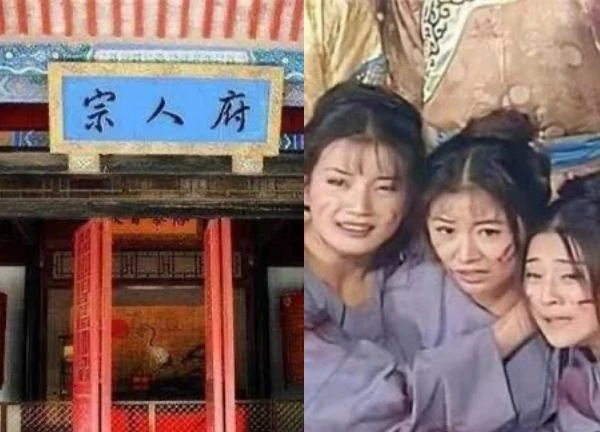
3 | 1 Discuss | Share
Areas of Qin Shi Huang's mausoleum have been explored by archaeologists, but the main tomb has never been opened due to concerns about what's inside, according to Insider.
Emperor Qin Shi Huang, who unified China and ruled over vast territories from 221-210 BC, has attracted the attention and interest of scientists, archaeologists and the public, especially after the accidental discovery of the Terracotta Army guarding his tomb in 1974.
The tomb is located in Lam Dong district, 30km northeast of present-day Xi'an, and was built over a period of 38 years – from 246 BC (when he was just 13 years old, while he was king of a smaller region) – until 208 BC, two years after his death. The cause may have been mercury poisoning.
Qin Shi Huang was an ambitious emperor. Historical records show that he was obsessed with drinking mercury to achieve immortality. He often drank wine laced with mercury and may have died of mercury poisoning at the age of 49, BBC reported.
While much of the Qin Shi Huang Mausoleum has been explored by archaeologists, the interior of the 2,200-year-old mausoleum remains a mystery to this day. Scientists have not dared to enter the tomb of Qin Shi Huang, despite the fact that it promises to contain valuable historical information.
Recent surveys have shown that the underground mausoleum of Qin Shi Huang is 260m long from east to west and 160m wide from north to south. With a total area of 41,600 square meters, it is the largest mausoleum in the Qin and Han dynasties, its size is equivalent to 5 international football fields.
According to Ancient Origins, 2,200 years ago, Emperor Qin Shi Huang was the first to unify China, after the tumultuous Warring States period. Qin Shi Huang constantly sent people to search for the elixir of life, but was also busy building his own tomb.
A 2017 study by Chinese archaeologists, based on ancient texts, found that China's first emperor always wanted to live forever. Ancient documents say that local officials reported not finding the elixir of life, but would continue to search. Elsewhere, there was a mysterious herb that might be effective.
In fact, the construction of Qin Shi Huang’s mausoleum began before he ascended the throne. When he took power at the age of 13, he immediately ordered the construction of his eternal resting place. But it was only when Qin Shi Huang became emperor that the mausoleum construction was accelerated and expanded.
It is estimated that 700,000 people were involved in the construction of the mausoleum in Shaanxi province, which took 38 years to complete. It is worth noting that the mausoleum was only truly completed after Qin Shi Huang's death.
Today, information about the Chinese emperor's tomb is found in the records of the Han Dynasty historian, Sima Qian. It is a burial chamber filled with rare treasures collected from all over.
Inside the tomb of Qin Shi Huang, there are models of large and small rivers on the ground, made to look real thanks to mercury. Sima Qian also mentioned the night sky sparkling with the moonlight and stars from the glowing pearls used to decorate the dome of the mausoleum.
To protect the mausoleum and help the emperor rest in peace, ancient people built a series of traps including crossbows, automatic arrow launchers... These weapons were designed to kill anyone who dared to trespass.
"Craftsmen were ordered to make crossbows and arrows to shoot at anyone who entered the tomb. Poisonous mercury was used to simulate the great rivers (such as the Yangtze River, the Yellow River, and the Great Sea) surrounding the tomb to protect the emperor's sleep," wrote historian Sima Qian.
Qin Shi Huang's son also ordered his childless concubines to be buried alive so that they could join him in the afterlife. After the burial ceremony, the entrance to the mausoleum was sealed. Those involved in the construction were also locked inside so that no one could reveal the secret. Finally, plants were planted on the mausoleum to form an artificial hill.
It wasn't until 2,000 years later that a group of Chinese farmers accidentally unearthed a terracotta warrior. A massive excavation revealed a 2,000-man terracotta army. But that was just the exterior of the tomb.
Archaeologists estimate there are up to 8,000 terracotta statues inside the emperor's eternal resting place, which has never been excavated.
China has no plans to excavate the tomb of Qin Shi Huang. More than 2,200 years have passed, but it is likely that the traps are still active. Another concern is the high levels of mercury in the underground palace. Mercury is a highly toxic substance that can be fatal even in small amounts.
Besides, current technology is not enough to explore the vast ancient tomb. Just exposing the artifacts to sunlight and air is enough to completely destroy them.
Experts say that recklessly excavating the resting place of Qin Shi Huang could upset the balance of the underground structure, causing unpredictable damage. That is why China has so far not ventured to open the tomb's seal.
Qin Shi Huang and 4 unsolved mysteries, there is one thing that makes posterity controversial 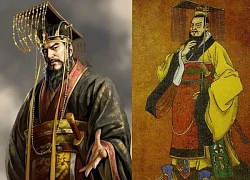 Quỳnh Quỳnh16:50:38 05/07/2024In ancient Chinese history, there were more than 400 kings, but there was only one king worthy of the title of the First Ancient Emperor, that was Qin Shi Huang. There are still many mysteries about the life of this king.
Quỳnh Quỳnh16:50:38 05/07/2024In ancient Chinese history, there were more than 400 kings, but there was only one king worthy of the title of the First Ancient Emperor, that was Qin Shi Huang. There are still many mysteries about the life of this king.

3 | 1 Discuss | Share
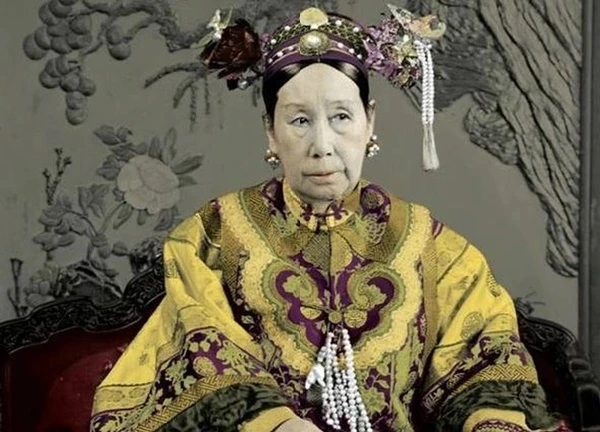
2 | 1 Discuss | Share
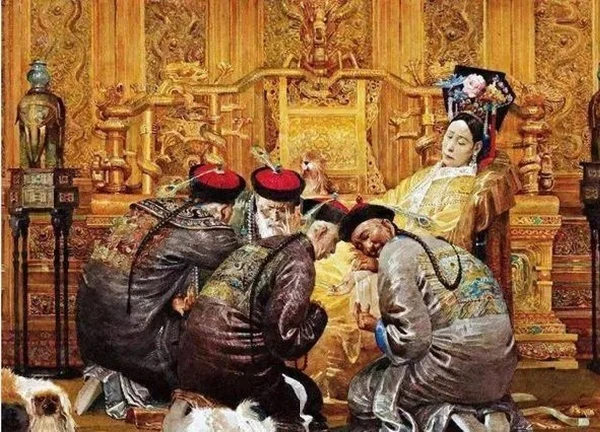
4 | 1 Discuss | Share
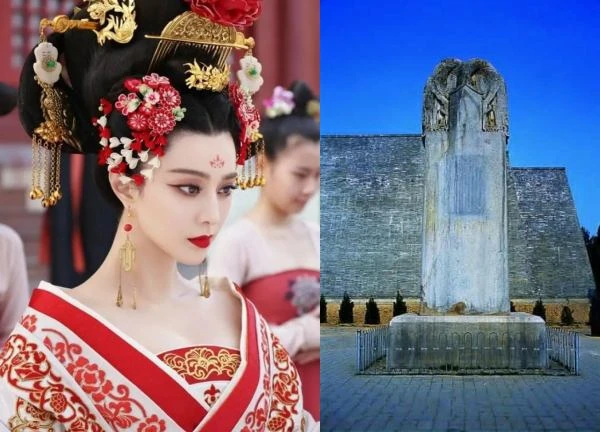
5 | 1 Discuss | Share
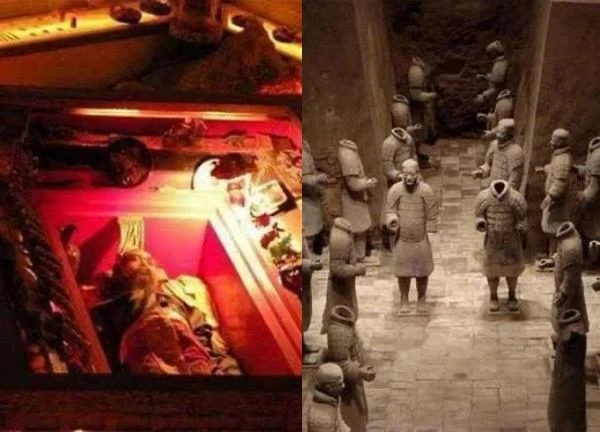
3 | 1 Discuss | Share
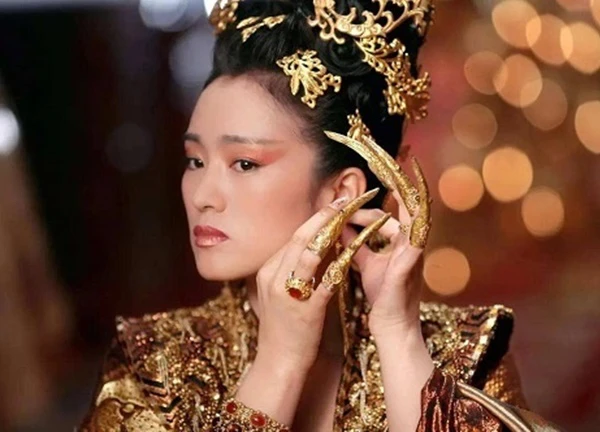
1 | 1 Discuss | Share
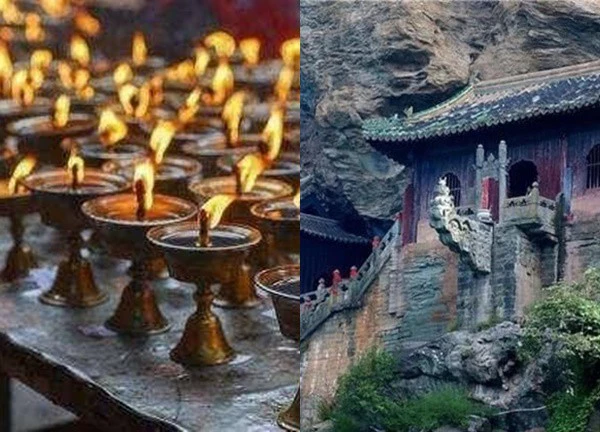
3 | 1 Discuss | Share
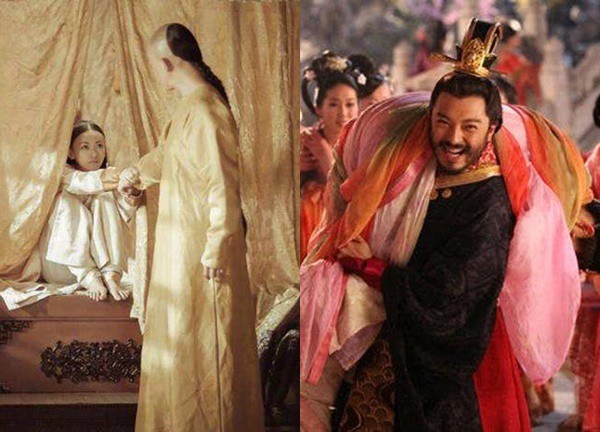
3 | 1 Discuss | Share
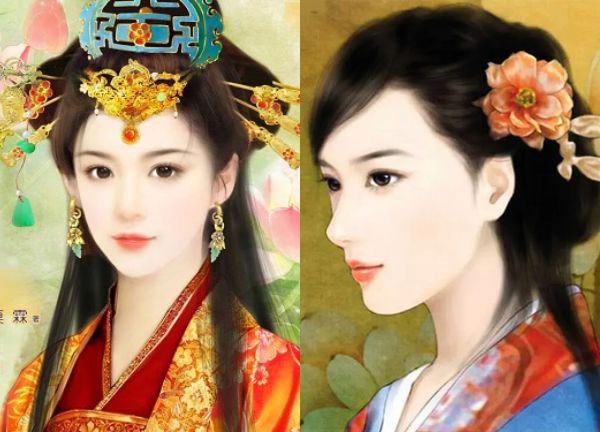
3 | 1 Discuss | Share
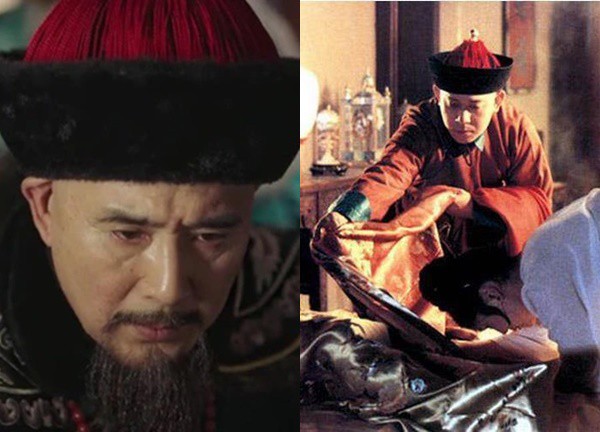
1 | 1 Discuss | Share
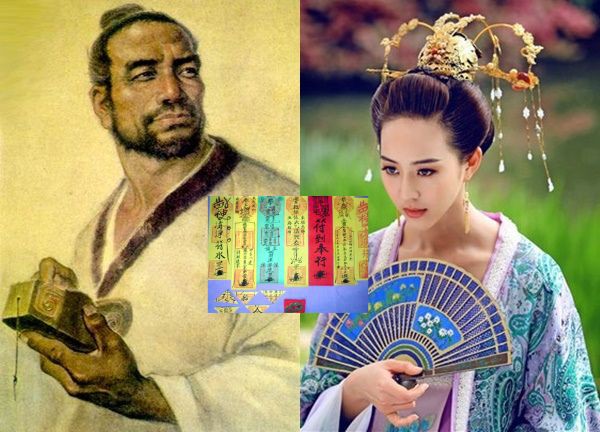
2 | 1 Discuss | Share
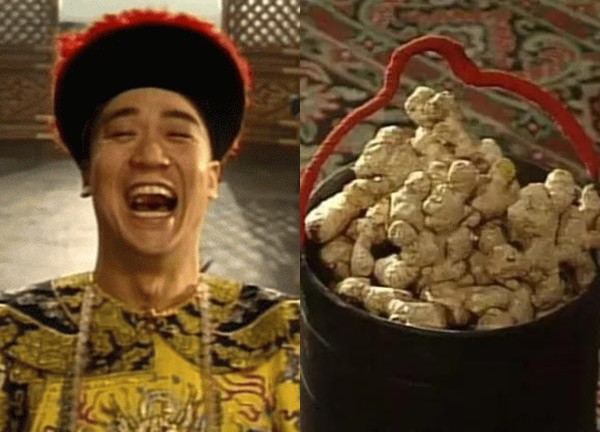
3 | 1 Discuss | Share










4 | 1 Discuss | Report